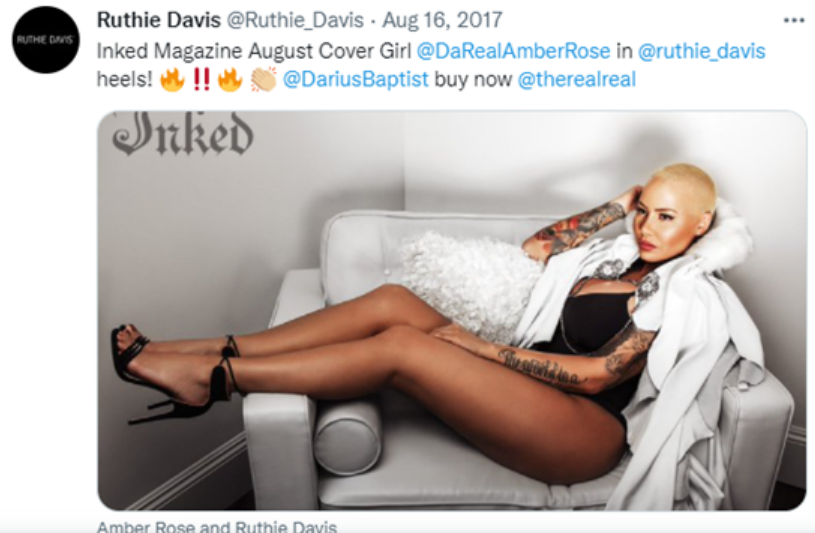Search Results for: GitHub-Foundations Online Prüfung 🍃 GitHub-Foundations Übungsmaterialien 🐝 GitHub-Foundations Testing Engine 🤹 Öffnen Sie 【 www.itzert.com 】 geben Sie ⮆ GitHub-Foundations ⮄ ein und erhalten Sie den kostenlosen Download 🕑GitHub-Foundations Tests
Federal Circuit Affirms $46m Default Judgment Against Bodog
A National Right of Publicity: the Federal Anti-Impersonation Right (FAIR)
Means Plus Function; Nonce Words; and En Banc Petitions
Discerning the Purpose and Means of Williamson v. Citrix
Guest Post: In Rush to Invalidate Patents at Pleadings Stage, Are Courts Coloring Outside the Lines?
2015 U.S. Patent Practitioner Trends
Williamson v. Citrix: Means-plus-function, presumptions, and “nonce” words
IN DEFENSE OF SOFTWARE PATENTS – PART 2
Troll Tracker Defamation Lawsuit: Trial Underway
Implied License: Purchases from Licensed Manufacturer Come with Implied License to Practice the Invention (Regardless of Non-Infringing Uses)
DC’s Prescription Drug Excessive Pricing Act of 2005, Down But Not Out
Section 295 Non-Infringement Burden Shifting: Does Not Require Evidence Where Non-infringement is Clear
Online Assignment Filing
The USPTO is advertising on its main page (www.uspto.gov) that online filing for Patent and Trademark Assignments is now available.
Patent and trademark applicants can now file on line for assignments. The new USPTO system allows the agency’s customers to create and submit a patent or trademark assignment recordation coversheet by completing on-line web forms and attaching the supporting legal documentation as TIFF images.
Guest Post – All Together Now: The Innovator Diversity Pilots Conference (November 18, 2022 at Santa Clara University and online)
PPAC Online
Fight Online Sex Trafficking Act (FOSTA)
Discovery, Injury, and Diligence: Reconciling Subjective and Objective Copyright Limitations Standards Post-Warner Chappell
Raw Story v. OpenAI: The Constitutional Hurdle That Tripped Up Raw Story’s AI Lawsuit
by Dennis Crouch
In my view, some of the weakest anti-AI copyright claims have fallen under 17 U.S.C. § 1202(b)(1) – an element of the Digital Millennium Copyright Act (DMCA) that prohibits intentional removal or alteration of copyright management information (CMI). The statute broadly defines CMI to include not just copyright notices, but also titles, author information, owner information, terms of use, and other identifying information conveyed with copies of works. Any violation also requires proof that the CMI-remover had “reasonable grounds to know” that such removal would enable or conceal copyright infringement.
In Raw Story v. OpenAI, the online news organization alleged that OpenAI violated § 1202(b)(1) by removing copyright management information (CMI) from thousands of their news articles when incorporating them into training datasets for ChatGPT. Notably, the plaintiffs did not bring direct copyright infringement claims, instead focusing solely on alleged CMI removal. The articles in question were published online with author, title, and copyright information, which plaintiffs claimed OpenAI stripped away when creating its training sets. While OpenAI has not published the contents of these training sets, plaintiffs relied on “approximations” suggesting their articles appeared without CMI. They argued this evidenced intentional CMI removal, reasoning that if ChatGPT had been trained on articles with intact CMI, it would output such information when generating responses.
The most recent news in the case is that S.D.N.Y. Judge Colleen McMahon has dismissed the claims brought by Raw Story (and AlterNet Media) — holding that the plaintiffs lacked Article III standing to pursue the case.
